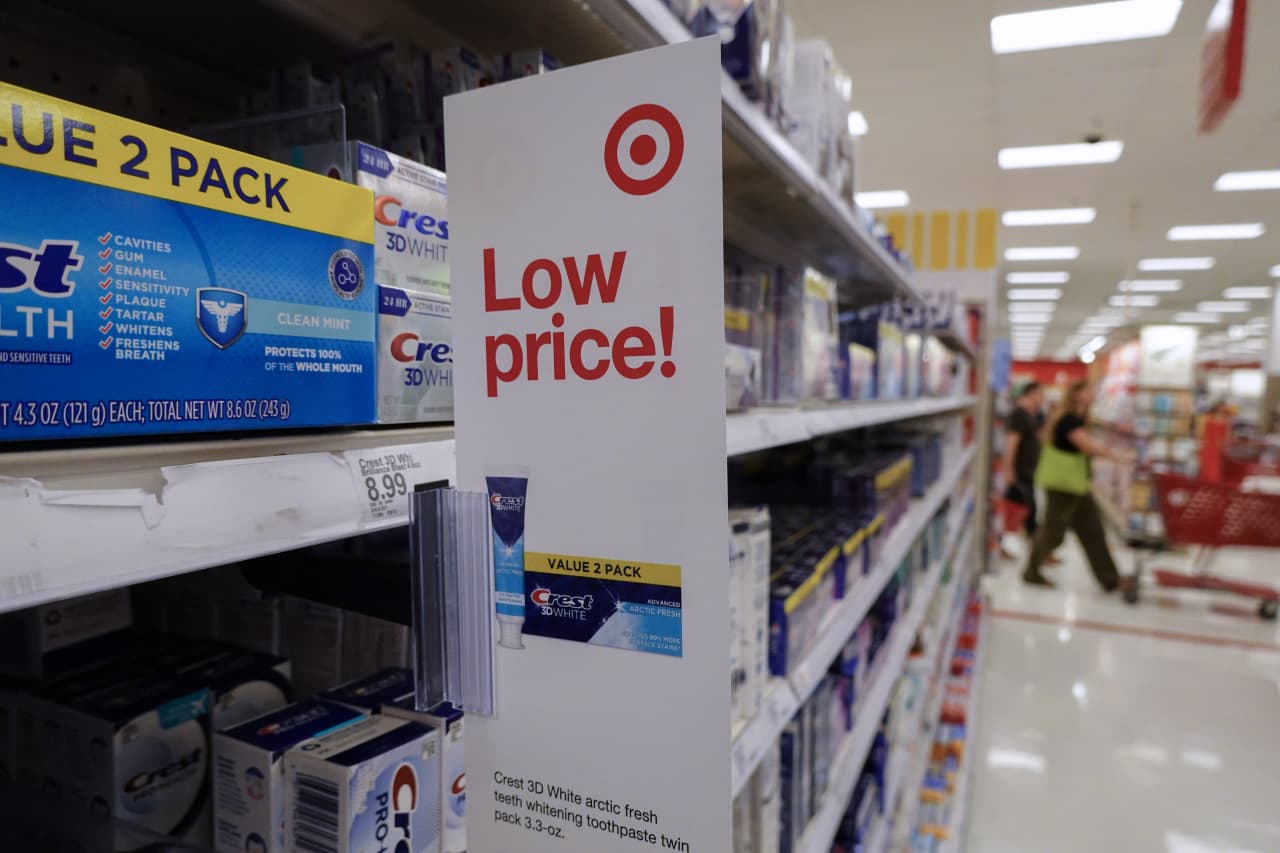What will their future look like?

Tina Rubber and Infrastructure : In today’s article, we will talk about tire recycling companies. Well, before you decide what’s interesting to talk about about Tire Recycler, we’ll see that this company has gained about 245% over the past year. Just looking at the return over three years, it showed a return of 2,766.64%. That’s almost a 30-fold increase in just 3 years! We are talking about Tinna Rubber and Infra.
As you know, awareness of limited natural resources has shifted the global focus to recycling. This is a trend being embraced by companies looking to incorporate more recycled materials into their products and recipes.


Tina Rubber and Infrastructure
The rubber sector is no stranger to such movements. End-of-life tires have become an important repository of recycled rubber globally, transitioning from waste to a valuable resource. These changes have fueled the growth of the recycled rubber industry as it adapts to the new reality of utilizing recycled rubber in tires.
However, there is one important thing to note here. Dolly Khanna, one of the most famous ace investors, reduced her stake in the company to less than 1%. The shareholding ratio in December 2022 was 1.6%. But why has the stake decreased in one year? Let’s understand what the company does and what its future holds.
Company Overview
Established in 1987, Tinna Rubber and Infra Limited initially focused on serving the footwear and footwear components export market. In 1991, the company diversified into manufacturing and exporting thermoplastic rubber compounds (TPR), setting up a new plant in Bombay and starting production in June of the same year.
Currently, the company is engaged in the production and export of leather shoes, shoe parts, TPR compounds and merchant exports to various countries, including the UK, Canada, Italy, Australia, CIS countries and Portugal.
Tinna Rubber and Infra Limited owns Liverpool Shoe Co. (part of the Pentland Group), Ravel (a division of Clark Shoes, UK), British Bata, Kidder Minster, Shoe Fayre, Bacons, LM International (UK), CICIL Brothers and R.Hannah Co. (Australia) and Worldwide Tradings (Canada), along with supplying respected European chains such as C&A, GUS and Stead & Simpson. TRIL is an industry pioneer in producing Crumb Rubber Modifier (CRM) for bitumen and has paved approximately 1,00,000 km of lanes in India using CRMB and CRM products.
Known as the only company engaged in rubber-based solutions for both road bitumen and non-road industries, TRIL also manufactures value-added products through steel recycling, providing a reliable supply of ELT in regions such as the Middle East, Africa and Europe. As a leading provider of Crumb Rubber and Bitumen products, TRIL has captured significant market share through its unwavering commitment to quality, reliability and customer satisfaction.
TRIL segment
The company first purchases waste tires from global sources and processes them in an environmentally friendly manner, ensuring zero waste and zero pollution. TRIL’s research and development team has designed several value-added products derived from waste tires with innovative applications such as:
● High Tensile Crumb: For rubber compounds, used in the rubber industry, including tires.
● Crumb rubber modifier: Used to make rubber bitumen by mixing with bitumen.
● Recycled rubber: It is a raw material for the rubber products industry.
● High carbon solid steel shot: for shot blasting, surface treatment.
● High carbon steel scrap: For melting and reuse.
The company has successfully developed and brought to market products including Hi Carbon Steel Abrasives and Reclaim Rubber/Ultra Fine Crumb Rubber. Previously, it mainly sold road-related products used in the infrastructure sector, such as CRM (Crum Rubber Modifier), but has recently been intentionally lowering its proportion.
As of fiscal 2023, the road sector accounted for approximately 32.5% of total sales in the finished product sector. The off-road segment, comprising products such as crumb rubber, accounted for approximately 34.4% of total sales in the same fiscal year.
Tinna Rubber and Infrastructure – Finance
| 2023 | Fiscal Year 2022 | Fiscal Year 2021 | Fiscal Year 2020 | ||||
| revenue | 295cr | 229cr | 30cr | `123cr | |||
| net profit | 22cr | 17cr | -0.14cr | – 5cr | |||
| roe | 22.71% | 21.82% | 0.2% | 7.25% | |||
| age | 28.10% | 27.41% | 11.65% | 3.95% | |||
| D/E | 0.61 | 0.92 | 0.89 | 1.01 |
In FY 2023, TRIL saw a notable increase in revenue reaching Rs 29.5 billion, a surge of 28.8% compared to Rs 229 million in FY 2022. Analyzed over a four-year period from 2020 to 2023, the company has recorded a solid Compound Annual Growth Rate (CAGR) of 33.8%.
At the same time, net profit also increased significantly, increasing by 29.4% from ₹22 crore in fiscal 2022 to ₹17 crore in fiscal 2023. However, the company had been losing money for more than five years before fiscal 2022. The recent improvement in financial performance is due to the company’s focus on high utilization rates, which has helped it benefit from economies of scale.
In FY23, TRIL maintained positive financial metrics, boasting a strong return on equity (ROE) of 22.71% and return on equity (ROCE) of 28.10%.
TRIL has continued to reduce its debt over time. Strong operating cash flow further strengthened the balance sheet, allowing the company to pay down debt and reduce overall debt. Improving financial performance has also enabled TRIl to reduce its debt costs.
future prospects
● The company recently signed a lucrative two-year contract worth ₹107 Crore with Indian Oil Corporation Limited for supply of Crumb Rubber Modifier. TRIL also expects consumer sales to increase in FY24, particularly in the sports turf, gym mats and rubber tiles segments.
● During the last fiscal year, the Company made significant progress in its expansion efforts. The company has started construction of a greenfield plant in Varle, Maharashtra, with an aim to process 60,000 tonnes of used passenger vehicle tire scrap (PCR) per annum to produce Tire Derived Energy (TDE) and Crumb Rubber. Strategically located just 5km from the existing Wada plant, land acquisition and construction are already underway for the facility.
● TRIL also embarked on a pioneering venture by establishing the first pilot plant dedicated to the production of composite polymers. this
The innovative facility will have a processing capacity of 6000 tonnes per annum utilizing 60% plastic waste (LDPE/HDPE/PP) and 40% in-house produced Crumb Rubber derived from old used tires.
● The company completed the acquisition of its first overseas plant in Oman. The facility will have a production capacity of approximately 18,000 MT per year. This move highlights TRIL’s commitment to globalizing its tire recycling expertise and exploiting new opportunities in international markets.
● The company recently entered the business of making thermoplastic elastomer (TPE) using waste rubber and waste plastic pannipots. The production capacity of this product is estimated at approximately 6,000 MT per year. Commencement of production is expected to begin in the fourth quarter of 2024.
conclusion
These factors position TRIL well for continued growth and potentially improved valuation in the future. However, the exact size of this growth and its impact on the company’s valuation is still a subject of speculation and requires further discussion. Share your thoughts in the comments section below!
A work written by Nalin Surya S.
By leveraging the Stock Screener, Stock Heatmap, Portfolio Backtesting and Stock Comparison tools on the Trade Brains portal, investors have access to comprehensive tools to identify the best stocks, stay updated and informed with stock market news. invest.


Start your stock market journey now!
Want to learn stock market trading and investing? Check out exclusive stock market courses from FinGrad, a learning initiative from Trade Brains. You can sign up for free courses and webinars from FinGrad and start your trading career today. Sign up now!!



